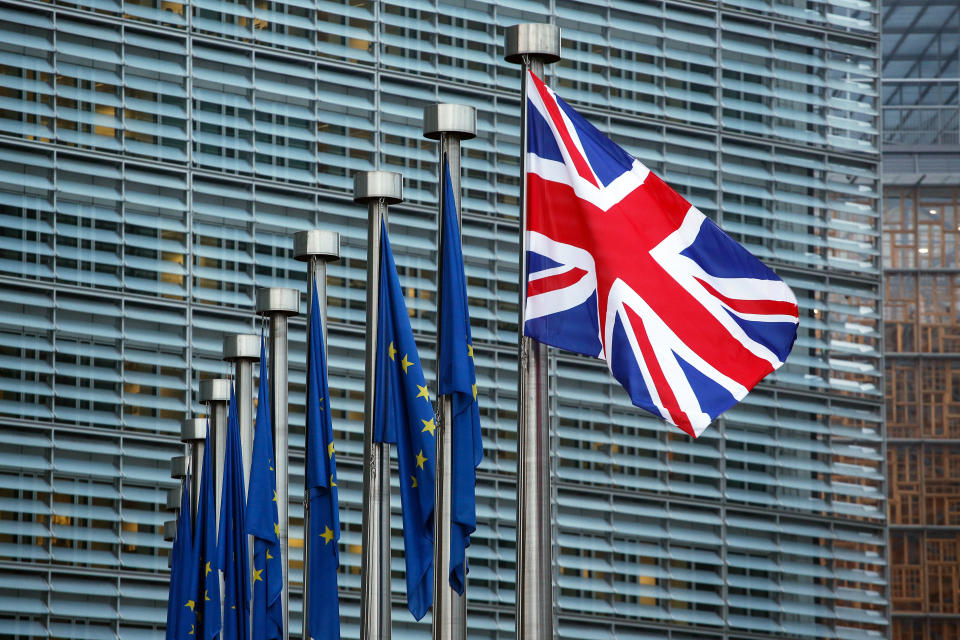Brexit process shouldn’t stop extradition of murder, rape and arson suspect to UK, rules ECJ

The Brexit process is not a reason to stop suspected criminals from being extradited to the UK under the European arrest warrant, the European Court of Justice (ECJ) has ruled.
In a landmark judgement, the Luxembourg-based court said that warrants must continue to be executed as normal for as long as the UK remains a member of the EU. It also said there are no grounds to believe that suspects subject to a warrant would be deprived of their rights even after the UK leaves the EU.
The court ruling comes in the case of a male murder, rape and arson suspect, known only as ‘RO’, who is currently in the Republic of Ireland.
MORE: Barnier calls for ‘realism’ from UK over post-Brexit security
The UK issued two warrants for ‘RO’ in 2016. The suspect was arrested by Irish authorities in February 2016 and has remained in custody since.
‘RO’ has raised objections to his surrender to UK authorities, citing Brexit-related issues as evidence he could “suffer inhuman and degrading treatment.”
The suspect argued that legal uncertainties arising from the Brexit process mean that he would not be guaranteed rights that exist in EU law.
The UK government’s plan to withdraw from the EU’s Charter of Fundamental Rights is one of the concerns raised.

As a result, the high court of Ireland asked the ECJ whether the UK’s decision to trigger Article 50 was reason to reject the warrants.
The ECJ ruled on Wednesday that: “Mere notification by a member state of its intention to withdraw from the European Union in accordance with Article 50 cannot be regarded, as such, as constituting an exceptional circumstance … capable of justifying a refusal to execute a European arrest warrant issued by that member state.”
To do so would represent a “unilateral suspension” of the system by Ireland, the ECJ said.
The judgement also sets out how, “irrespective of EU law”, the suspect’s rights are protected by UK law.
MORE: May warns EU plans ‘put at risk’ post-Brexit security cooperation
“There is no concrete evidence to suggest that RO will be deprived of the opportunity to assert those rights before the courts and tribunals of that Member State after its withdrawal from the European Union,” states the ruling.
EU Brexit chief Michel Barnier has said the UK will not be allowed to remain part of the European arrest warrant after Brexit because of the decision to ditch the ECJ and the Charter of Fundamental Rights.
Speaking in June, he said: “These are not bureaucratic issues. This is about the lives and liberties of our citizens.”
Judicial cooperation will instead be based on a new “streamlined” extradition system between the UK and EU, he suggested.
The UK recently issued a high-profile European arrest warrant for the two men suspected of being behind the Salisbury poisoning.

 Yahoo Finance
Yahoo Finance 